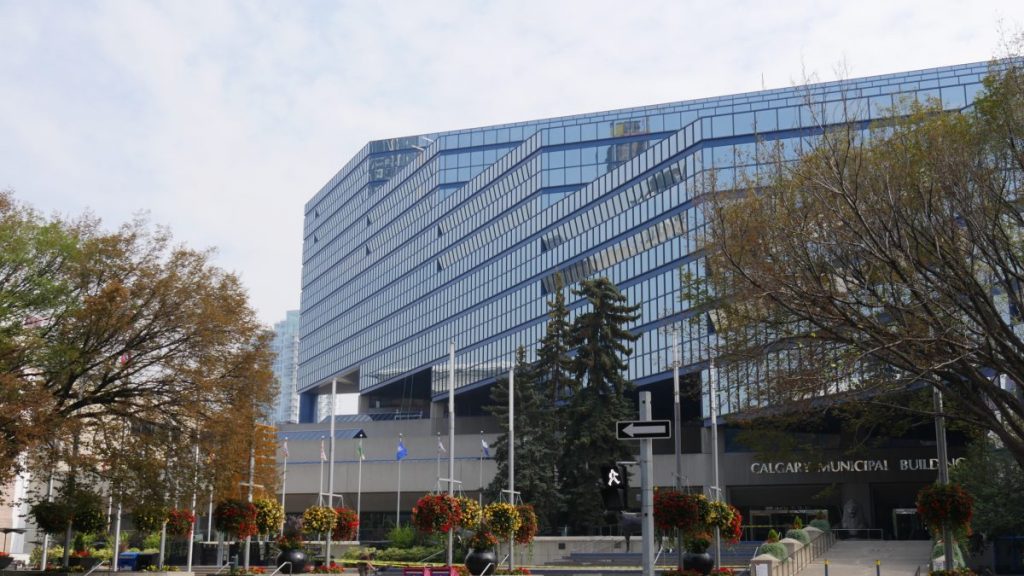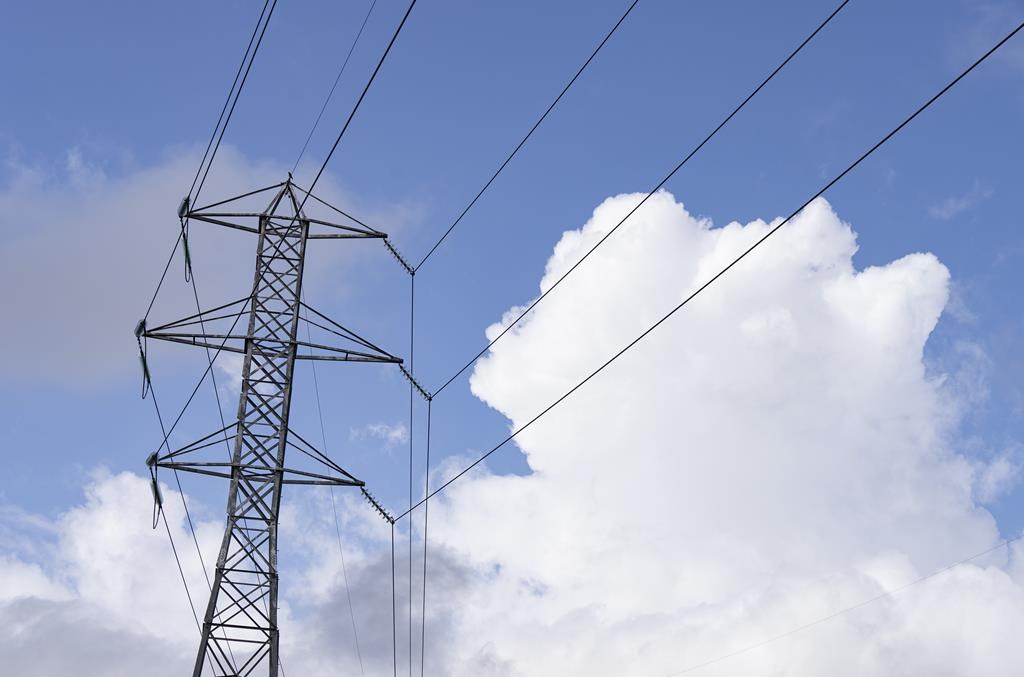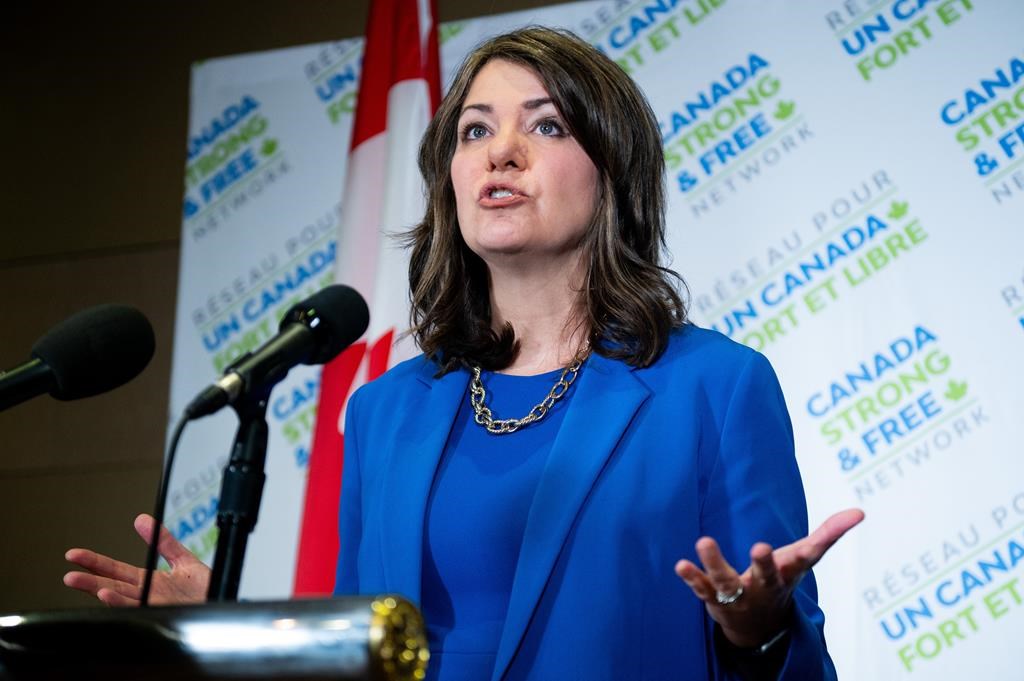Trump’s travel ban having ‘profound’ impact on research, Canadian academics say
Posted Feb 1, 2017 6:44 am.
Last Updated Feb 1, 2017 8:20 am.
This article is more than 5 years old.
VANCOUVER – When Aref Bolandnazar flew home to New York after visiting family in Iran, he didn’t think to say a tearful goodbye to his wife — after all, she was just supposed to stay an extra week before returning to the United States.
But that was 10 days ago, and Bolandnazar hasn’t seen his wife since. When Roya Arabloodariche tried to check in at an Iranian airport on Saturday, she was told she could not enter the U.S. due to an executive order signed by President Donald Trump.
“Our future was destroyed immediately,” said Bolandnazar.
They are Iranian citizens who both hold advanced degrees from the University of British Columbia. The pair obtained visas to live in New York while Bolandnazar completes his finance and economics PhD at Columbia University.
Arabloodariche, an electrical engineer, had hoped to get her green card and work in the United States. Now, Bolandnazar, 29, said he expects them both to pursue their academic and career goals elsewhere — ideally in Canada.
The husband and wife are just two members of the academic community in North America who have been hurt by the order signed by Trump to ban entry of citizens for 90 days from seven majority-Muslim countries.
Universities Canada, which represents 97 universities across the country, said the immigration ban is already having a “real, immediate and profound” impact on research partnerships, international students, academic conference participation and field visits, as well as family relationships.
The American Association of Universities has also called for the ban to “end as quickly as possible.”
Amir Abdi, a PhD candidate in the electrical and computer engineering department at UBC and recipient of a prestigious Vanier Canada Graduate Scholarship, was invited to present as an author at a medical imaging conference in Florida next month.
Abdi, an Iranian citizen who is in Canada on a temporary resident visa, will not be able to attend to help present his team’s work.
He said conferences exist for academics to make connections, exchange knowledge with others and contribute to research in their field. But because of Trump’s “unjust and inhumane” executive order, scholars are being penalized, he said.
“I cannot believe that the U.S. president would believe that scholars could make America unsafe. We are actually the ones who are making every move to improve the human condition,” he said.
Abdi, 29, who is also Bolandnazar’s cousin, said he believes the reputation of the U.S. will be harmed. Members of his department are already reaching out to conference organizers south of the border to see if the events can be held in Canada instead, he said.
“The U.S. is known to attract the brightest minds from around the globe. But as a result of Trump’s recent actions, I don’t think that scholars are going to be that interested in continuing their education in the U.S.”
Young students, like 23-year-old Iranian-Canadian dual citizen Sina Marzoughi, have also been affected by the ban. He’s a medical student at the University of Calgary who had been planning to attend a conference for student-run clinics in Los Angeles next month.
Despite the Canadian government’s assurances that dual citizens will be able to cross the border, Marzoughi said the American government has yet to put that in writing, and he’s been alarmed by reports of people being detained and having their phones searched.
He said his uncle is a professor at UCLA who has a green card and now can’t visit his family in Alberta because he fears he will not be allowed back into the U.S.
“I’m just really worried,” said Marzoughi. “Ever since the law was signed on Friday, I’ll be honest, it’s having a toll on my mental health.”
The University of British Columbia has launched a task force to assist about 80 faculty or staff and 350 students who are from the affected countries.
The Federation for the Humanities and Social Sciences, on behalf of Canada’s 91,000 faculty and graduate students in these departments, has said the ban runs counter to its goals of building an “inclusive, prosperous and democratic society.”
— Follow @ellekane on Twitter.










